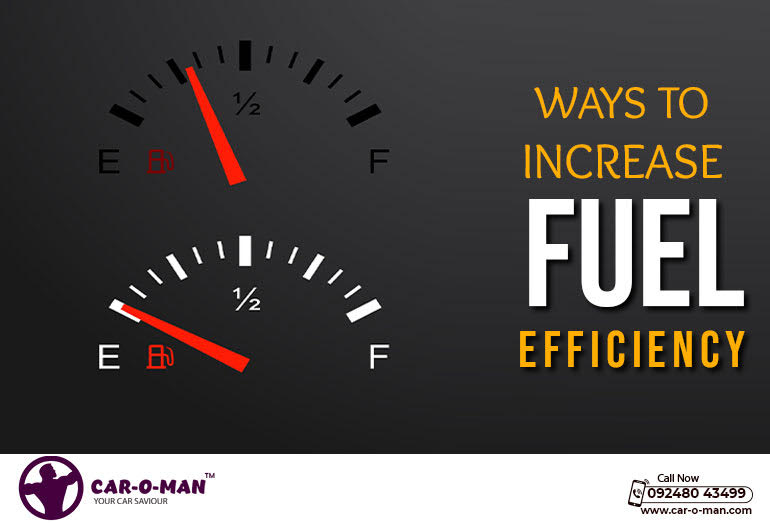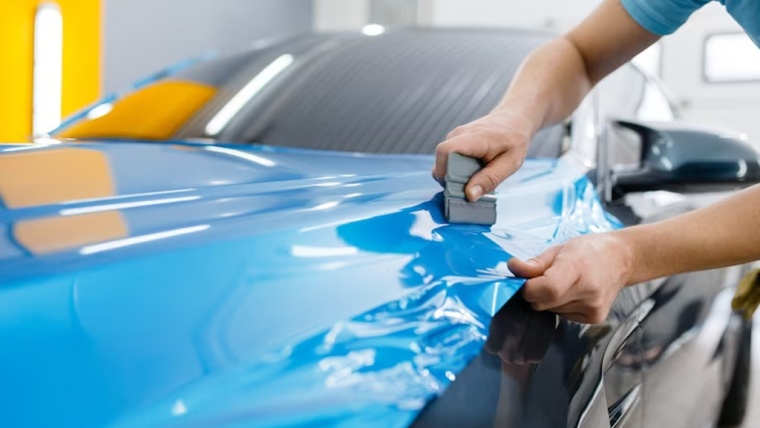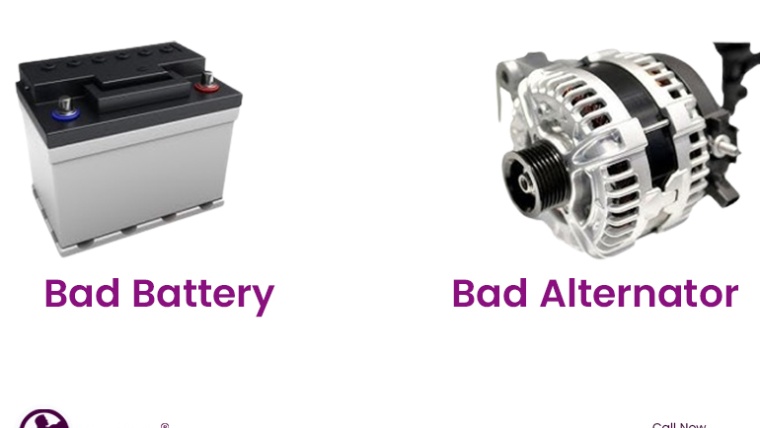Fuel prices are skyrocketing in today’s world. so, while using it, we must follow some tips to increase fuel efficiency. If you utilize low-quality oil because of rising fuel prices, then you stepped into the wrong way. Because it results in car engine repair. These fuel prices fluctuate, but for a car’s long life, you should only use high-quality fuel. You can also improve the car’s fuel efficiency.
Generally, we will blame our vehicle for its poor mileage. But our driving styles and habits can also impact a vehicle’s fuel usage. The simplest and most effective approach to improve any automobile’s fuel efficiency is to change your driving behavior; no car modifications are required. Regardless of your vehicle type, you can improve your fuel efficiency by doing these simple steps:
- Apply the coasting technique
It is one of the easiest techniques that everyone can do. This coasting technique can improve your car’s efficiency and also reduce brake wear. When you are not using the accelerator, the kinetic energy produced by your car will make the car move forward. In this situation, you don’t need to accelerate, just use this momentum constantly. For example, if you are going down from the top of the hill, you do not need to accelerate the car. The speed produced by the kinetic energy will take the car forward. The only thing is, just concentrate on the car steering.
- Using car AC can decrease the mileage
While avoiding the usage of air conditioning in your car, you can increase the car mileage up to 30%. But during summer days, we can’t do anything, because it begins to get hot outside. But try to minimize the usage of AC even in other seasons. We give an example for your better understanding, i.e; if you do 500km on a full fuel tank with the AC, you can do approximately 600-650 km without switching on the AC. Obviously, you won’t travel without AC, but if you are really thinking about fuel, then you have to avoid the usage of AC.
- Maintain the right tyre pressure
Many drivers ignore the tyre pressure, but the low tyre pressure makes the engine work hard and increases the resistance, which in turn increases the fuel usage. Because tyres provide rolling resistance, the majority of the engine power is used to make them roll. As a result, it’s critical to keep the tyres inflated at the appropriate pressure or higher. Once a week, and before going on a lengthy journey, check the tyre pressure. You can check the right tyre pressure on the driver’s side door.
And also if you’re planning long trips, get your car maintenance service at a multi-brand service center for your smooth journey. CAR-O-MAN is a type of car garage where you can avail of all reliable services like wheel alignment, brake repairs, battery repairs, engine belt repair services, and many others.
- Confirm the route before starting the ride
Before going for a ride, choose an appropriate route for a better experience. Avoid the traffic roads, because the more stops a car can consume the more fuel. And also try to avoid driving during rush hours, it will save your fuel. In traffic, you will place an additional strain on your car’s clutch, while going – stopping – going again and again, and it also lowers its fuel efficiency significantly. So, if you are planning a long drive, use the navigation facility to avoid traffic. It can definitely help your car’s fuel efficiency.
- Keep the windows shutdown
Most people will let down the car window and turn off the AC, to save fuel. But it’s not the right way because an open window will reduce your car’s aerodynamics, cause you to use more fuel, and put more tremendous stress on your engine at high speeds. If you drive faster than 50 km/h with fully opened windows will lower your car’s fuel economy.
However, you may be concerned that, as previously said, utilizing the air conditioner will use more fuel. True, but closing the windows will increase the amount of fuel used. You can also use the car’s air blower on ‘fresh air setting’ instead of turning on the air conditioning.
- Don’t put overweight on your car
When the vehicle’s overall weight is less, then the energy required is less and the engine is less stressed. A lighter car with the same engine consumes less fuel than a heavier vehicle with the same engine. As a result, it’s critical to maintain the vehicle as light as feasible. Sometimes we use the boot, to keep items we need but forget to remove them later. Remove any superfluous bags, stray goods, or rubbish from the vehicle’s boot as soon as possible; this will save you money on gas.
- Do regular maintenance
Regular maintenance, like, cleaning air filters, and cleaning fuel filters will help to improve fuel efficiency. A clogged air filter allows unclean air into the engine, resulting in more gasoline being burned and poor fuel efficiency. Even Though the difference may not be noteworthy, every small step helps to improve your car’s overall fuel efficiency. Also, get your car maintenance service at the best service station; this will keep your car in tip-top shape for months.
The fuel consumption of a car is determined by a variety of factors. Some of these, such as traffic congestion and road conditions, are uncontrollable. Regardless of the conditions, improving your driving technique and maintaining your vehicle will help you achieve higher fuel economy.


